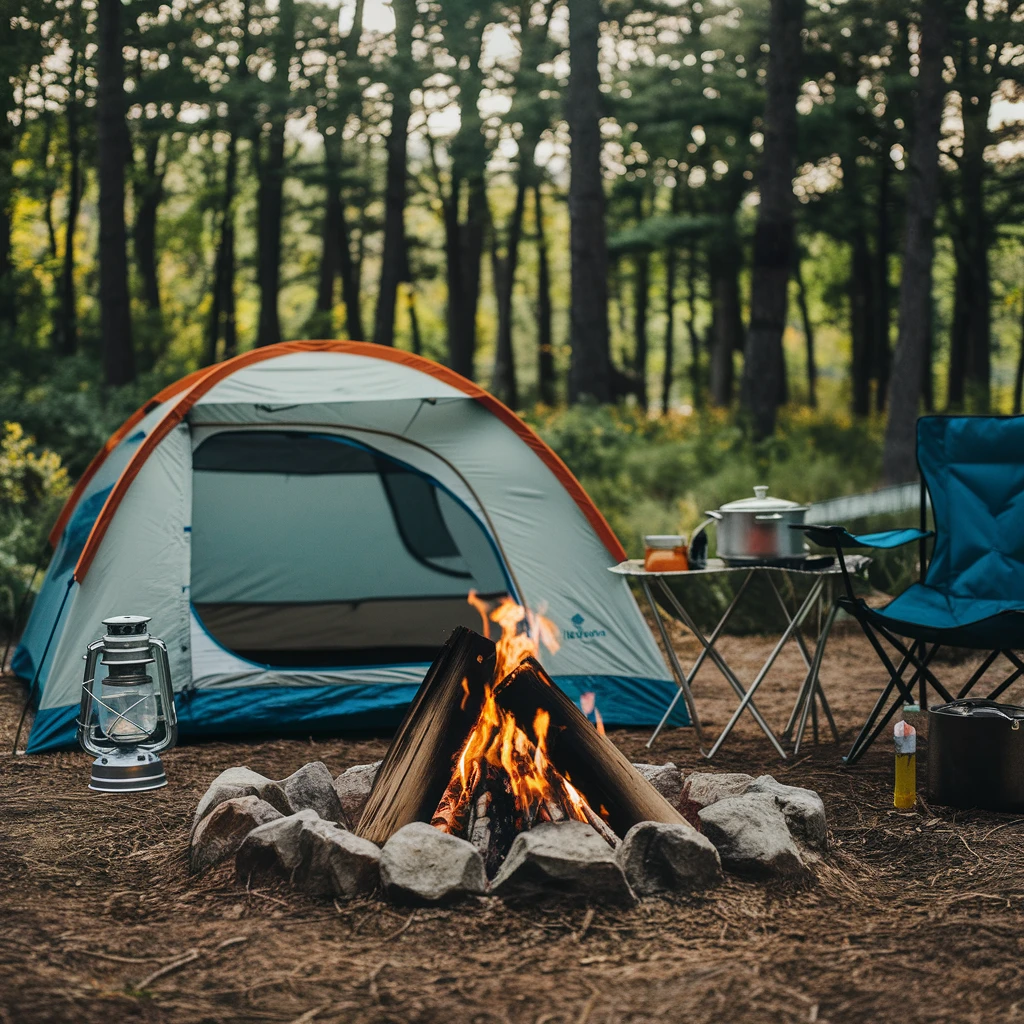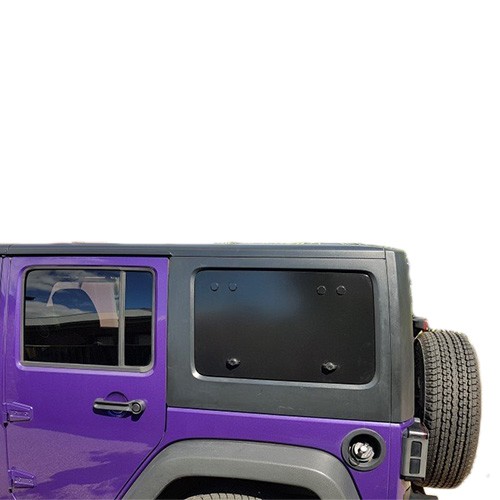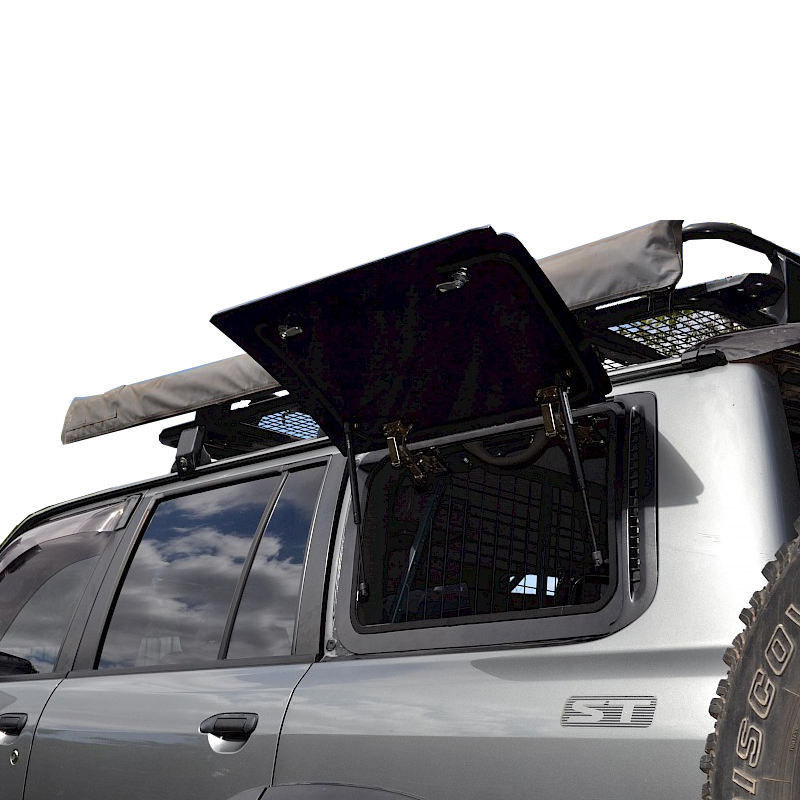Towing a Trailer or Caravan Offroad
A great feature of 4wd vehicles is that they have the power and traction to haul some heavy loads. You can make good use of this by towing a trailer or even a caravan with you when you head out on an expedition. No matter how roomy the space in the back is, it’s easy to fill it with camping gear. That’s not so bad if there are only one or two of you, but with a larger group it can get pretty crowded. On the other hand even a small trailer will give you plenty of space for tents, furniture, water containers and pretty much anything else you feel like taking with you. As for caravans, it’s hard to think of an easier way to set up camp – just lower the jacks and unlock the door, and you have a space to cook, relax and sleep.
Of course towing a trailer or caravan is going to make a difference to your vehicle’s performance and you need to take that into account. With some caution and skill you can take a trailer pretty much anywhere the vehicle could go on its own, but if you don’t know what you’re doing you can get spectacularly stuck – and you’ll have two recovery jobs to handle, not just one. Before you head off road with a trailer or caravan make sure you’re ready for it and know how to keep it all moving even when things get rugged.
The first thing you need to do is make sure your trailer is fit for off road travel. Look at the tyres. They’re not as critical as the ones on your vehicle because they’re not powered, but they still need enough tread to maintain a good grip and keep rolling. If they don’t have grip they can just slip through mud or loose sand, and that can result in the trailer slewing off course. You need to think about the towing hitch too. Most 4wds come with a standard towing hitch, and that’s fine for on-road use. Things are different off road though. Going over rough ground you can end up with a significant angle between the tow vehicle and the trailer, and that can easily snap a standard hitch. You need a specialist off road hitch that can rotate as the angle changes. Look at the ground clearance of your trailer. Does it have lights or other fittings that extend below its chassis? These can easily get knocked off on rocks or even rutted tracks, so move them up onto the body if you can. Otherwise consider fitting bars or cages to give them some protection.
Once you’re happy that your trailer is set to venture into the wilderness, there are a few things to remember that will help keep you moving out there. The first one is the extra weight you’re now shifting. A trailer or caravan can easily add a ton to your total weight, and that’s not going to get through rough ground as easily as your 4wd will on its own. Drop a gear down from what you’d normally use, especially on soft ground or slopes. Do your absolute best to avoid stopping on difficult surfaces, particularly sand. Even if you’re confident you could normally get moving again it might not be so easy with a trailer behind you. Going down slopes you have the opposite problem – the trailer can be reluctant to stop, so keep your speed way down. The trailer can’t overtake you no matter how hard it tries but it can do a fair bit of damage in the attempt, so low speed is definitely your friend here.
Watch the ground ahead and consider your trailer’s clearance. We all get into the habit of judging what our vehicle can get through, but don’t forget you have something else behind you. As well as ground clearance you need to remember the height of your trailer. Your Ute might fit under that overhanging branch, but will your caravan?
Before you head off road practice reversing with your trailer. It’s possible to get it moving backwards in a straight line, but it’s best to work it out in a car park somewhere. Backing up on a narrow track is not the time for experiments.
Towing a trailer or caravan presents a few challenges, but none of them are all that difficult. Some preparation and a few trial runs somewhere less rugged will get you all set up to take your trailer off road. If you fancy the extra space and comfort it’s well worth the effort.







